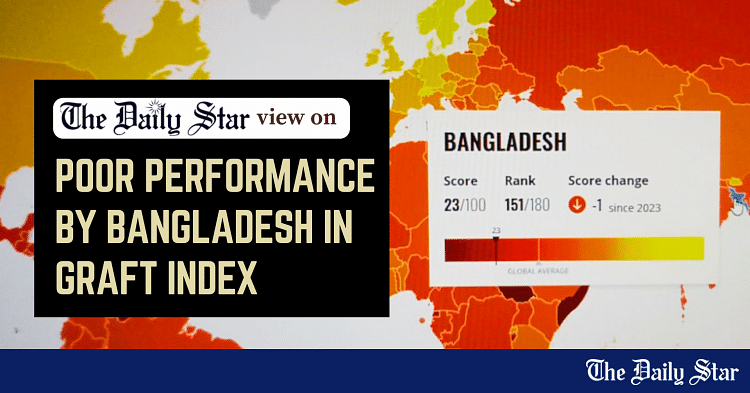Saif
Senior Operative
- 13,242
- 7,264
- Origin

- Axis Group

- Copy to clipboard
- Thread starter
- #265

NCTB’s work orders to Indian company priced at a premium: ACC
The Anti-Corruption Commission (ACC) on Sunday carried out an operation at the National Curriculum and Textbook Board (NCTB) after receiving complaints of corruption and wrongdoing in giving out textbook printing work orders. During the operation, the ACC team found that in 2017, the lowest bid fr
NCTB’s work orders to Indian company priced at a premium: ACC
UNB
Published :
Feb 09, 2025 21:35
Updated :
Feb 09, 2025 21:36

The Anti-Corruption Commission (ACC) on Sunday carried out an operation at the National Curriculum and Textbook Board (NCTB) after receiving complaints of corruption and wrongdoing in giving out textbook printing work orders.
During the operation, the ACC team found that in 2017, the lowest bid from a South Korean company was unfairly rejected, and the contract was given to the second-lowest bidder, an Indian publishing company, at a higher price.
Aktarul Islam, the spokesperson of the anti-corruption watchdog organization, shared the information on Sunday.
The team took statements from the NCTB Chairman and Secretary about the allegations.
They also asked for all information about the tenders for printing books from 2011 to 2024, including the publishers that took part, how the tenders were evaluated, the work orders, and details about the consultants, paper purchases, and printing supervision for each year.
After reviewing the documents, the team will submit a full report to the commission, he added.
UNB
Published :
Feb 09, 2025 21:35
Updated :
Feb 09, 2025 21:36
The Anti-Corruption Commission (ACC) on Sunday carried out an operation at the National Curriculum and Textbook Board (NCTB) after receiving complaints of corruption and wrongdoing in giving out textbook printing work orders.
During the operation, the ACC team found that in 2017, the lowest bid from a South Korean company was unfairly rejected, and the contract was given to the second-lowest bidder, an Indian publishing company, at a higher price.
Aktarul Islam, the spokesperson of the anti-corruption watchdog organization, shared the information on Sunday.
The team took statements from the NCTB Chairman and Secretary about the allegations.
They also asked for all information about the tenders for printing books from 2011 to 2024, including the publishers that took part, how the tenders were evaluated, the work orders, and details about the consultants, paper purchases, and printing supervision for each year.
After reviewing the documents, the team will submit a full report to the commission, he added.







